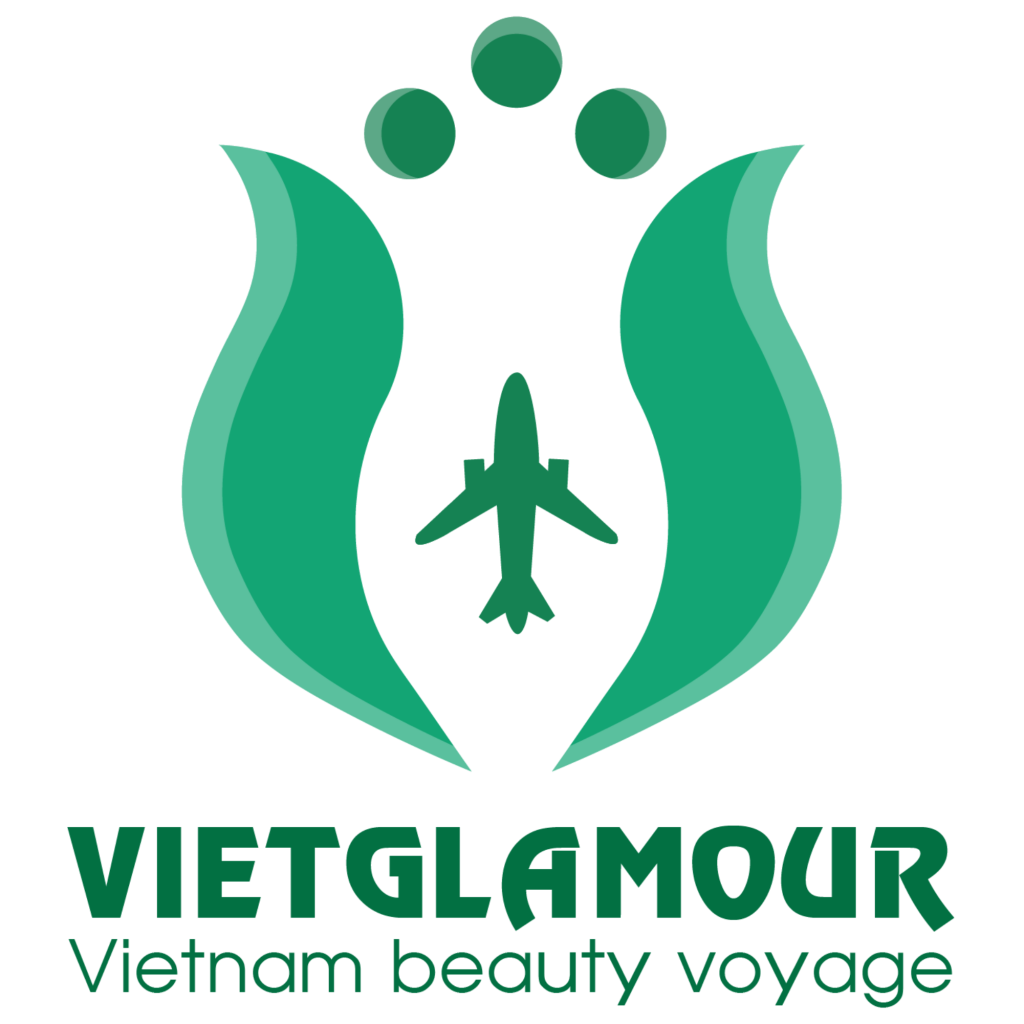Welcome To Ho Chi Minh City
In no other cities in the world can one see such stark contrast yet harmonious blend between tradition and modernity such as Ho Chi Minh City (HCMC). Once a dominantly swamp land, Ho Chi Minh City has grown into the largest metropolitan area of Vietnam and generally known as the economic center of the country. The city offers a great opportunity for culture enthusiast and business venturers alike. The downtown area is packed with colonial buildings and skyscrapers, modern eateries thriving side by side with street food stands, and only a 2 hour car ride away you will find yourself surrounded by one of the very best beaches (Long Hai) or down further is the famous floating market. To sum it up, you can find pretty much all the sights and flavors of a tropical Southeast Asian city, but in a unique Vietnamese way.
Destination Highlights
Spend hours getting lost in Ben Thanh market, the central market offering both fresh produce and colorful local souvenirs.
- Take a cocktail sip in one of the many bars and clubs – a specialty of Saigon
- Watch AO show, a famous local piece of performance arts
- Sightsee the city on the back of a Vespa and experience HCMC traffic at first hand
- Step into the past with a visit to Cu Chi Tunnel, an iconic historical relic of the city
Points of Interest
- Dong Khoi street
- Ben Thanh market
- Reunification Palace
- Jade Emperor Pagoda
- Bui Vien street
- Central Post Office
- Notre Dame Cathedral Basilica
- Cu Chi Tunnel
Must-try experience list
- Dining in a unique restaurant
- Take a street food tour or cooking class
- Join a motorbike tour
- Walk down Dong Khoi street
- People watching on Bui Vien over a cold beer
- Get lost in Ben Thanh market
Transportation
- Fly:
Ho Chi Minh City is the biggest airlines hub in Vietnam, with hundreds of flights landing and departing from Tan Son Nhat airport daily.
International flights: the city is well served by a network of international flights, with direct connection to most Asia Pacific capitals and major cities and several Europeans metropolis such as Paris, London, Frankfurt, to name a few.
At the moment there is no direct flights between Vietnam and North America and transit point is usually in Hong Kong, Tokyo, Singapore, Seoul or Bangkok.
Major airlines operating flights in HCMC include: United Airlines, Air France, Japan Airlines, Korean Air, Cathay Pacific, EVA Air, Emirates, Vietnam Airlines, Qatar Airlines, Etihad Airways, Air New Zealand and Aeroflot.
Within Vietnam, HCMC is well connected to the rest of the country via three main airlines: Vietnam Airlines (the flag carrier), Vietjet Air (the budget airlines) and Jetstar Pacific (mainly serving popular routes to Hanoi and Danang). Flight time from any where in the country to HCMC is less than 2 hours, some are as short as 35-45 minutes (Phu Quoc, Nha Trang, Con Dao).
Tips on booking your flight: there are frequent promotions on international flight route to Vietnam which drives down the price by a lot, you can check out online booking engine such as Expedia or Kayak to find the best airfare to Vietnam. Domestically, it’s often hard to secure a flight on weekend during the summer time as Vietnamese beaches are often flooded with local tourists, or during the Lunar New Year holiday period when mass internal migration occurs. Avoid these two peak time to save both cost and hassle.
- Train:
Train can sometimes be a more expensive option than a flight, and very time consuming. Train service has seen some great renovation in the past couple of years, but still slowly improving compared with other modes of transportation. The train station is located in the central of the city, and travel time to Hanoi can take up to 2 days, as the train makes frequent stops in between the two ends of the country.
- Getting around the city
There are multiple ways to get around the city, the most popular of which is by car (for longer distance) and motorbike (for short one). Renting a private car for sightseeing or especially taking a motor bike tour is an excellent way to venture out in Ho Chi Minh City in local spirit.
Taxis are readily available. However, try to wave down the more trusted one such as Vinasun (white taxi) or Mai Linh (green taxi) to avoid unwanted scams. Typical fare is around 15,000/km.
The city layout
The city is divided into districts and most are marked by numbers. The primary downtown area with most restaurants, hotel and activities are concentrated in District 1. Sites and attractions include the Notre Dame Cathedral, Ben Thanh market, Dong Khoi avenue, Central Post Office, Reunification Palace, to name a few. Just on the western side of District 1 is District 3, which also hosts a number of important city landmarks such as pagodas, colonial buildings and famous coffee shops.
District 5 is mainly known for its Cho Lon area, which bears trace of Chinese and Vietnamese cultural fusion. One can find special fusion cuisines and local trading scenes in this area.
Accommodation
Accommodation cost in HCMC has risen significantly over the years but still at a very affordable price compared with other popular tourist destinations in Asia. Expect to spend 120 USD ++ for 5-star hotel, $80++ for 4 star and $50++ for 3 star. Budget dorm can be found in central area for as low as $8/bunk/night.
Dining
Dining is a unique experience by itself, especially in a world’s gastronomic wonder such as Ho Chi Minh City. There is a whole spectrum of places offering food service, ranging from the sizzling street food stand to high-end world-class villa style restaurants.
For street food, head to Ben Thanh market area where local palaces are tasteful, plentiful and inexpensive. Dishes to try includes Hu Tieu (Southern noodles with soup), Bun Bo Nam Bo (Round rice noodle with beef and fish sauce), Banh my (Saigon baguette).
Shopping
Ben Thanh market is a good start for you to browse the available options when it comes to souvenirs. Make sure to haggle the price, as polite as you can, as it’s an exciting experience about shopping in Vietnam.
For branded clothing and accessories, visit the upscale shopping centers which spreads around District 1 such as Parkson, Diamond Plaza, Union Square to name a few.
Travel tips
- Phone and internet: Vietnam has wide coverage of phone and internet, and Wi-Fi is omni-present in the city. Most hotels offer free Wi-Fi and so are cafes. You can also purchase a tourist sim card when arriving at the airport which includes internet and phone coverage for a short amount of time.
- Money matters: It’s advisable that you carry at least a few million dongs in cash when you are in Vietnam. Credit card is widely accepted in Ho Chi Minh City, however, don’t expect your plastic to be of use at local food stands or when you travel further away from the city.











